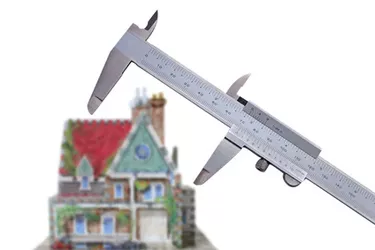
When a borrower purchases a new mortgage, the debt is registered with the local government by the closing agent to record a legal debt. This lists the debt on the deed to the property. This means that the debt must be paid in full or released by the lender before the property can be transferred.
Significance
Video of the Day
Registering a mortgage protects the current lien holder and any future owners of the property. It prevents another buyer from purchasing the property without knowing that there is a debt secured by it.
Video of the Day
Function
Registering the mortgage also gives the lender the legal right to take the property as payment if the mortgage should go into default.
Time Frame
The mortgage deed is usually filed the day of closing, unless it is a cash-out refinance or home equity line of credit. In those two cases, there is a three-day waiting period, known as the "right of rescission" period, that must pass prior to legally filing the debt.
Considerations
If a mortgage is not properly registered, it may cause legal consequences for the lender and future property holders that could alter the ability to buy or sell the land for future uses.
Misconceptions
Even if the mortgage debt is procured through an individual, instead of a financial lender, the deed must be recorded to reflect the mortgage debt.